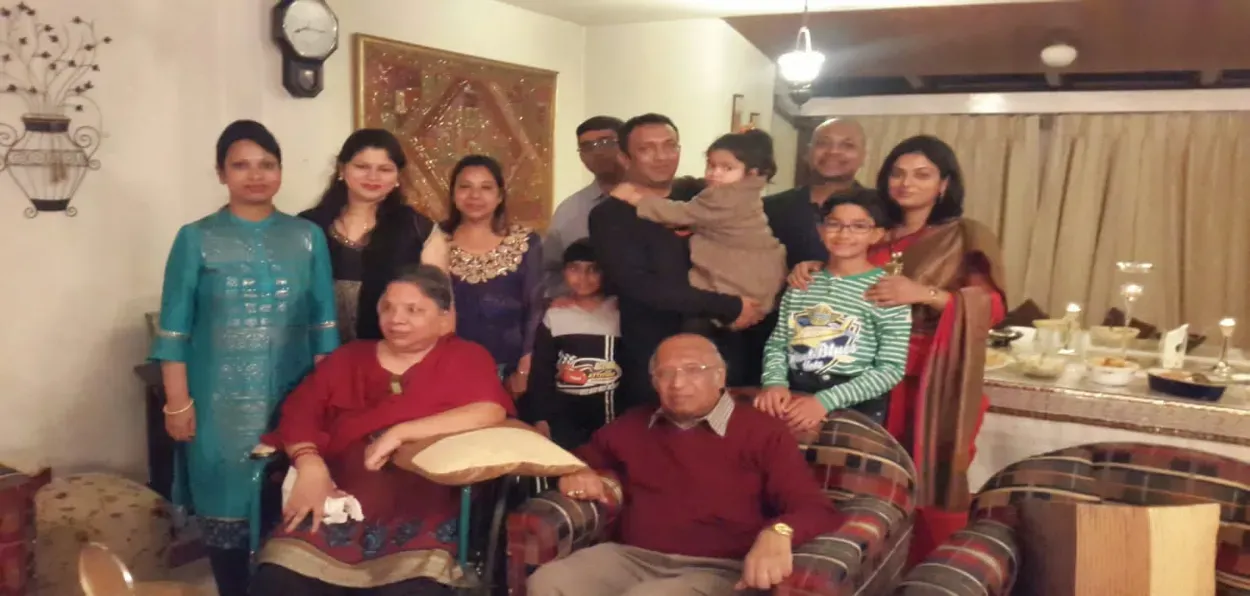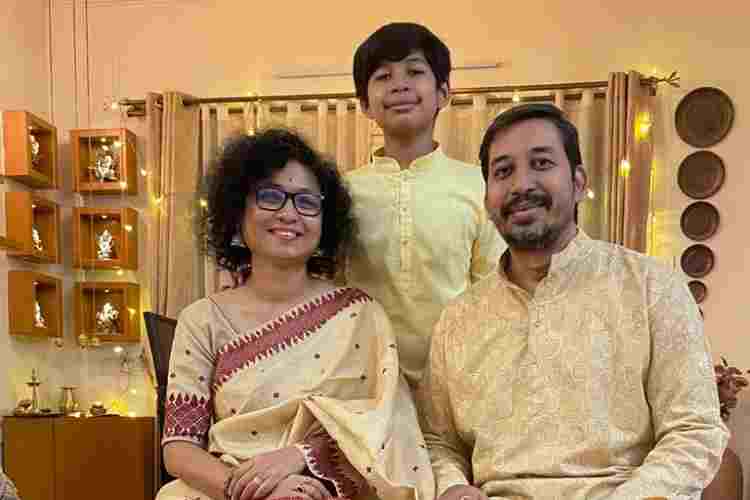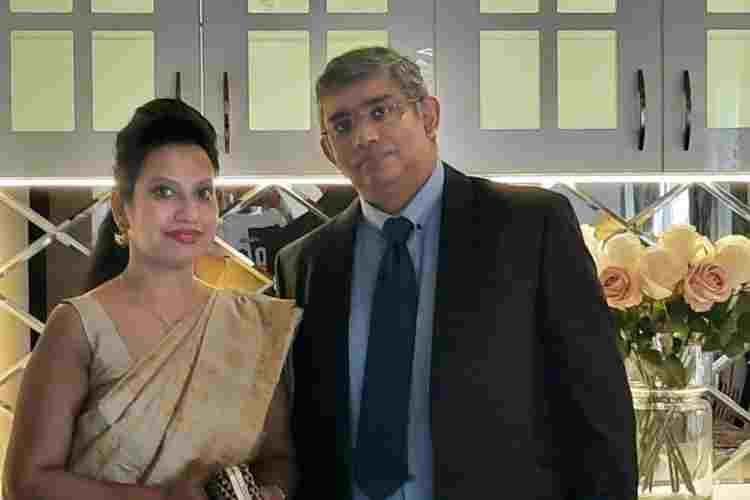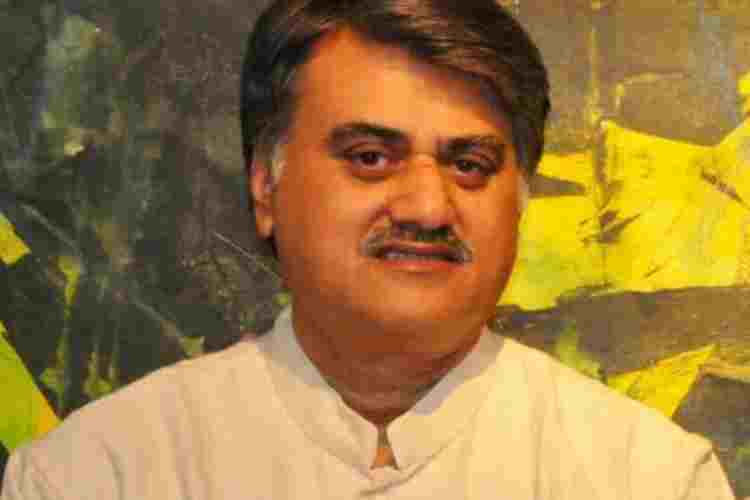
Indian Muslims celebrate Diwali with as much happiness as Hindus eagerly wait for Eid. It’s a shared culture that is here to stay. Aberrations don’t matter, says
Rana Siddiqui Zaman
It is a no-brainer to think that India, a land of several religions and faiths, has celebrated its festivals in harmony and a spirit of inclusiveness. Hindus have their Muslim, Sikh, Christian, Buddhist, and Jain brethren to celebrate festivals like Diwali and Holi. Muslims, the second largest religious denomination in India, mostly have their guests for Eid-ul Fitr – the major festival that comes at the end of month-long fasting during Ramazan – mostly from other communities.
This uniqueness has been the inspiration behind the works of many poets. During Diwali major Muslim writers had their creative juices flowing. Just sample this beauty by Nazeer Banarasi on Diwali:
“Meri saanson ko geet aur aatma ko saaz deti hai,
Ye Diwali hai sab ko jeene ka andaaz deti hai”
(It bestows my life with a song and music to my soul;
Diwali teaches a lifestyle to us all)
Haider Bayabaani delightfully expresses,
“Ram ki jai jaikar hui hai, Ravan ki jo haar hui hai
…Ram Ayodhya laut chale hain, Diwali ke deep jaley hain”
(It’s a sound of victory for lord Ram, Ravan losses his face
Ram returns to Ayodhya, Diwali’s diyas are, but such a grace)
 Madhumita Phukan with husband Rupak Das and son Neil from Bengaluru
Madhumita Phukan with husband Rupak Das and son Neil from Bengaluru
Positivity around
Despite some hiccups that occasionally tend to dent India’s shared culture, the bond created by festivals especially Diwali doesn’t leave most Muslims untouched. Even those who adhere to the fundamental of their religion and offer five times prayers, make sure to participate in the festival. This is common across India. Here is a proof of the pudding.
For Aafreen Saba Alvi, a senior government official and mother of two sons living in Kolkata, Diwali is among the festivals which not only brings “sweets and cracker”, memories but also makes her continues to celebrate it now with daughters with her Hindu friends. Going down memory lane, Alvi says, “During my childhood in the 70s and early 80s, Diwali was the time for dressing up and going to greet my father's colleagues at the Department of History, AMU (Aligarh Muslim University) along with our family in two rickshaws.
"As Children our hearts used to be filled with joy and eagerness to burst the crackers, eat sweets participate in all their Diwali preparations; have fun in their beautifully Diya-lit homes till late at night, and return with Diwali gifts, mainly homemade sweets. That unique taste of Mrs. Verma and Pushpa aunt's Gujiyas still lingers in my mouth and makes me nostalgically search for them every Diwali. Back home, Ammi would always make sure to buy kheel, batashas, and sugar-coated edible toys just a day or two before Diwali along with a few diyas and phuljharees (firecrackers) for us. That was our Diwali when we knew no difference between people around us. We all were one family.”
.jpg)
Afreen Saba Alvi, Rachna Sharma and Shabeer Rasheed
However, she rues, “These days, no longer her Hindu friends invite her for Durga Pujo or Diwali as often now. If offered, I would jump to celebrate like in my childhood days,” she beams in anticipation.
Madhumita Phukan, who works with a leading corporate office in Bangalore vouches that never her Diwali is complete without her special Muslim friends. “They are special invitees on all our festivals, especially Diwali and Holi. In Bangalore, this Muslim family was my next-door neighbours. They have shifted from here but this Diwali will not be the same without them anyway. Also, none of my festivals are without my dear college friend Nahid who loves to celebrate all Hindu festivals with us and I wait for her biryani on Eid.”
Shabeer Rasheed who hails from Chennai and works with a famous medical appliances company puts it right, “The reason I like Diwali is that there is so much positive energy that comes with it amid so many celebrations around us that it is hard to stay away from it.”

Nahid Akhtar and Aminul Haque
Shabber has stayed in a multicultural society and has never known his childhood days without Diwali celebrations at home with sweets and firecrackers. “As we grow we find neighbours belonging to different communities and festivals like Diwali become more significant to create a strong bond,” he adds as a matter of fact.
Nahid Akhtar, a senior teaching faculty from North East, has an interesting story to share. “We and our closest family friends from Shilong, the Goenkas have been celebrating all festivals together, and for three generations! Our festivals are incomplete without each other’s family joining in. This Diwali will not be an exception either. We do discuss faith and adherence-related stuff but in a healthy manner. Our children are learning the same. Our other non-Muslim friends invite us on Diwali and we invite them on Eid. They are the first ones to stand with us during any eventuality, so it is but natural that our children celebrate Diwali and Eid together. Celebrating Diwali comes naturally to us.”
On Diwali, it is not easy to escape the charm of twinkling diyas, candles, or now fairy lights that have largely replaced the traditional diyas. Notably, the changing equations among communities especially between Hindus and Muslims witness a reoccurrence of a strong bond during this festival; apparel, jewelry, or gift brands start highlighting the benefits of an inclusive Diwali. Some of these draw your attention towards your social responsibility of buying diya from their makers.

Sudhakar Sharma
Social media gets afresh with Muslims claiming it is their festival too for Ram is also considered a prophet of his own time, depicting good over evil like Prophet Mohammad in Islam. India suddenly rises to realize her shared co-existence and syncretic culture and proclaims the proximity against all odds. From the world of films to polity, socio-religious culture on Diwali takes a new colour and light every year.
ALSO READ: Potter Umer makes thousands of lamps ahead of Diwali in Srinagar
As Dr. Sudhakar Sharma, former secretary of Lalit Kala Akademi, New Delhi, and a renowned author, sums it up beautifully, “I had my first grub on my Diwali with sweet sewai brought home by my Muslim friends.” His wife Rachna Sharma, a senior school teacher in Delhi chips in, “And they sat with us in our Diwali pooja. It didn’t feel like we were not a family.” They echo in unison, “That was among our best Diwali so far.”
Did anyone say, that’s the true light?
Rana Siddiqui Zaman is a senior journalist and writer
